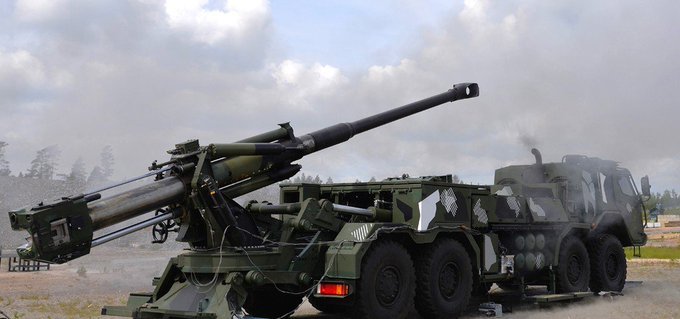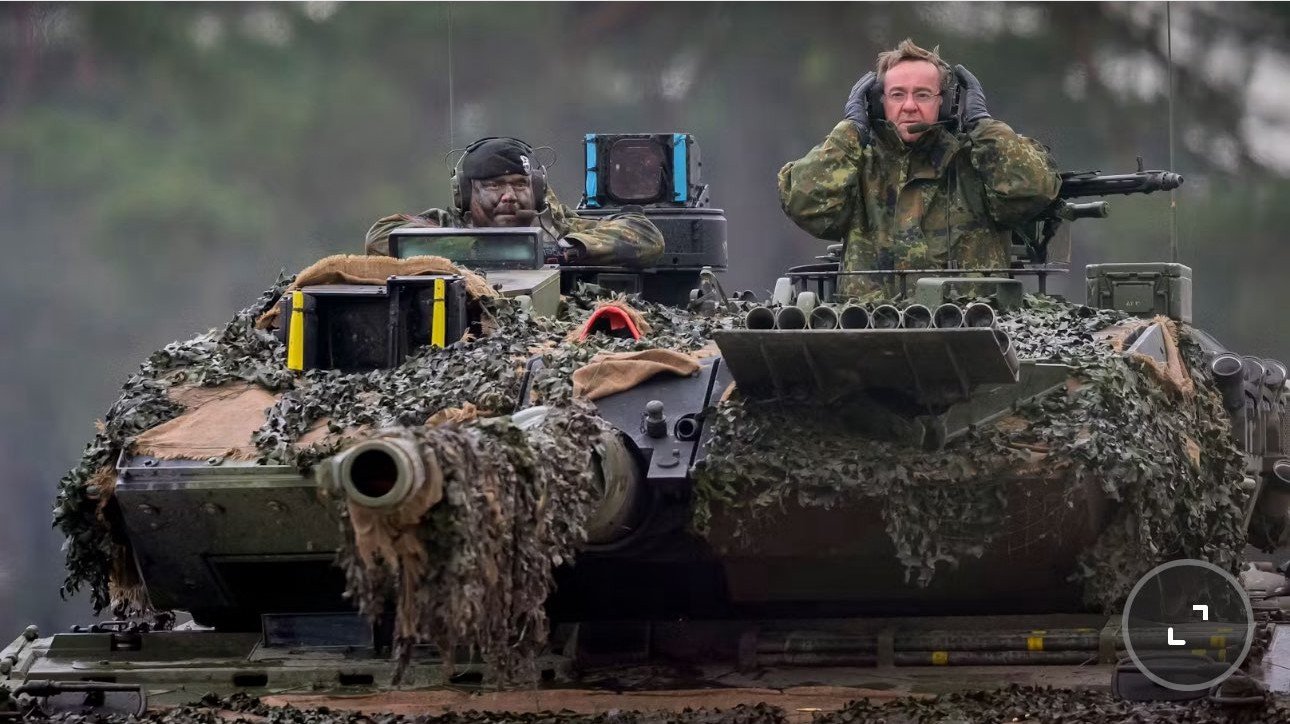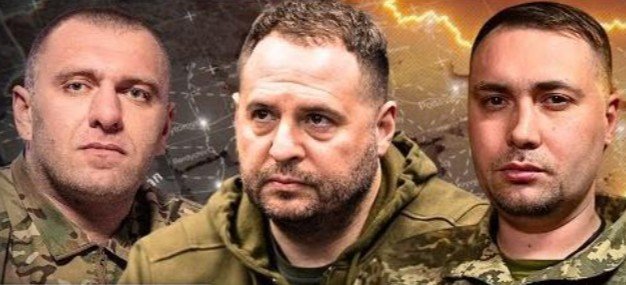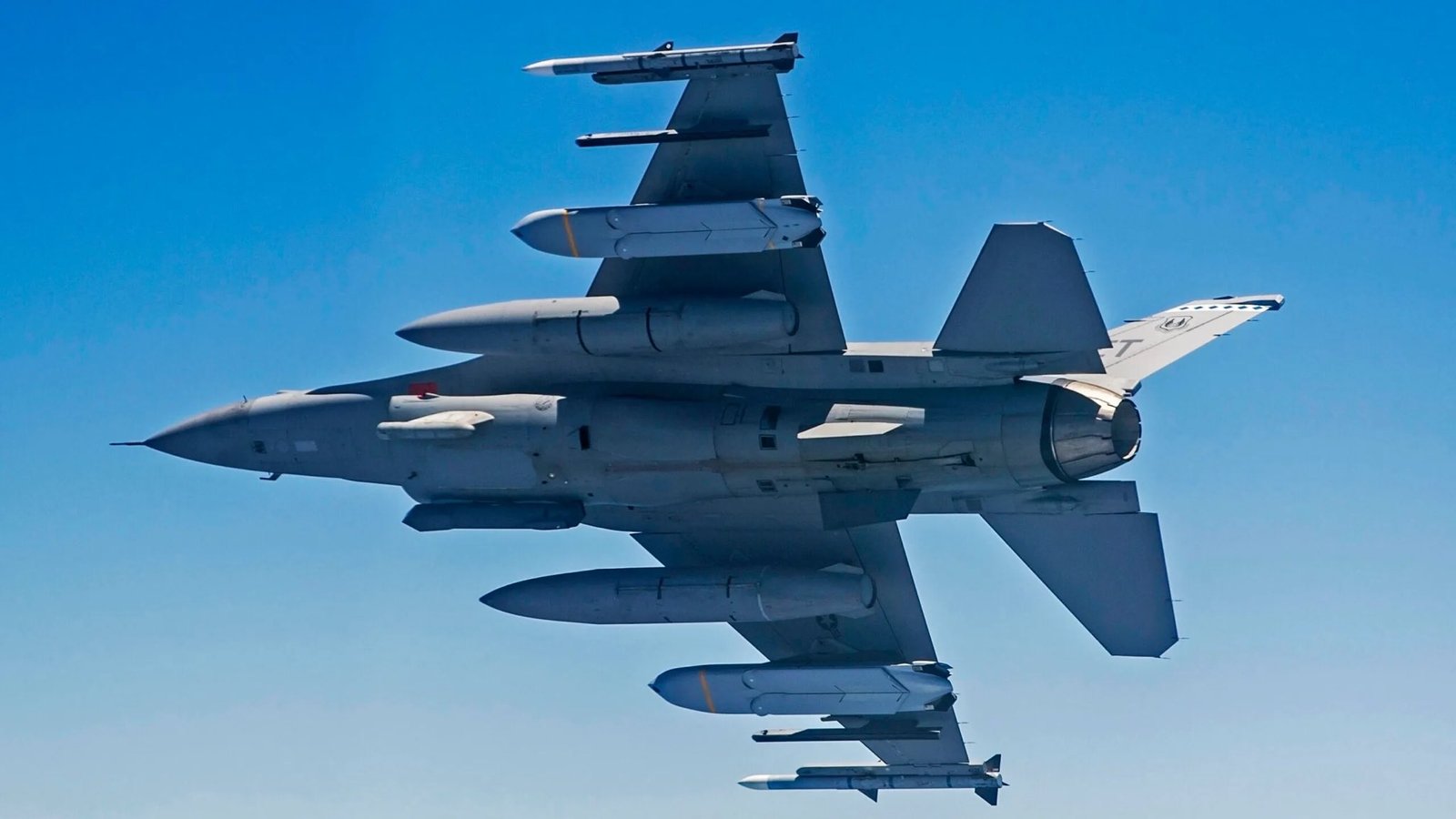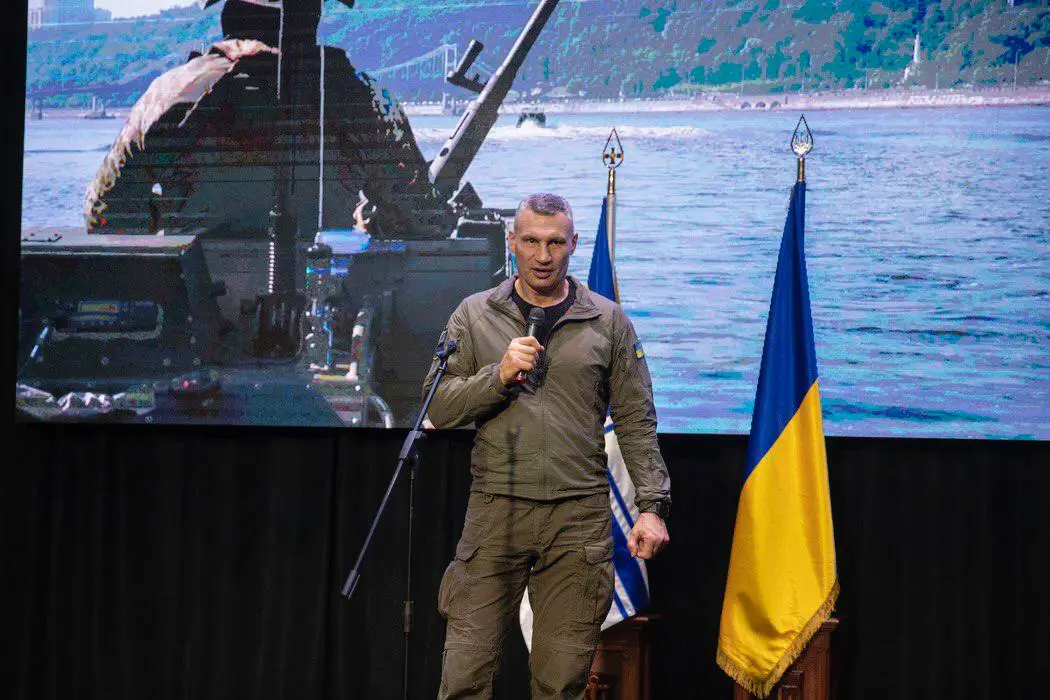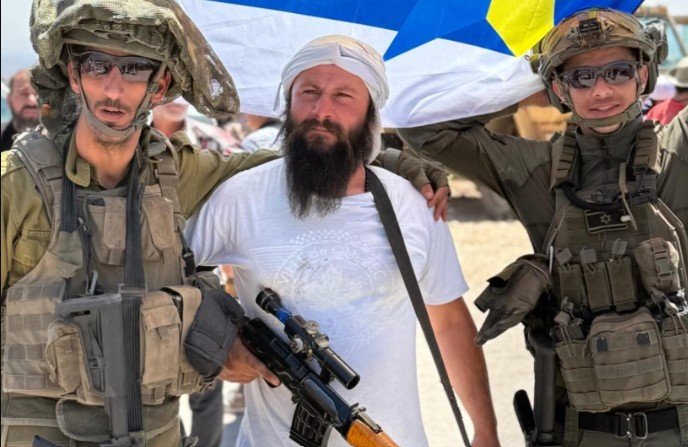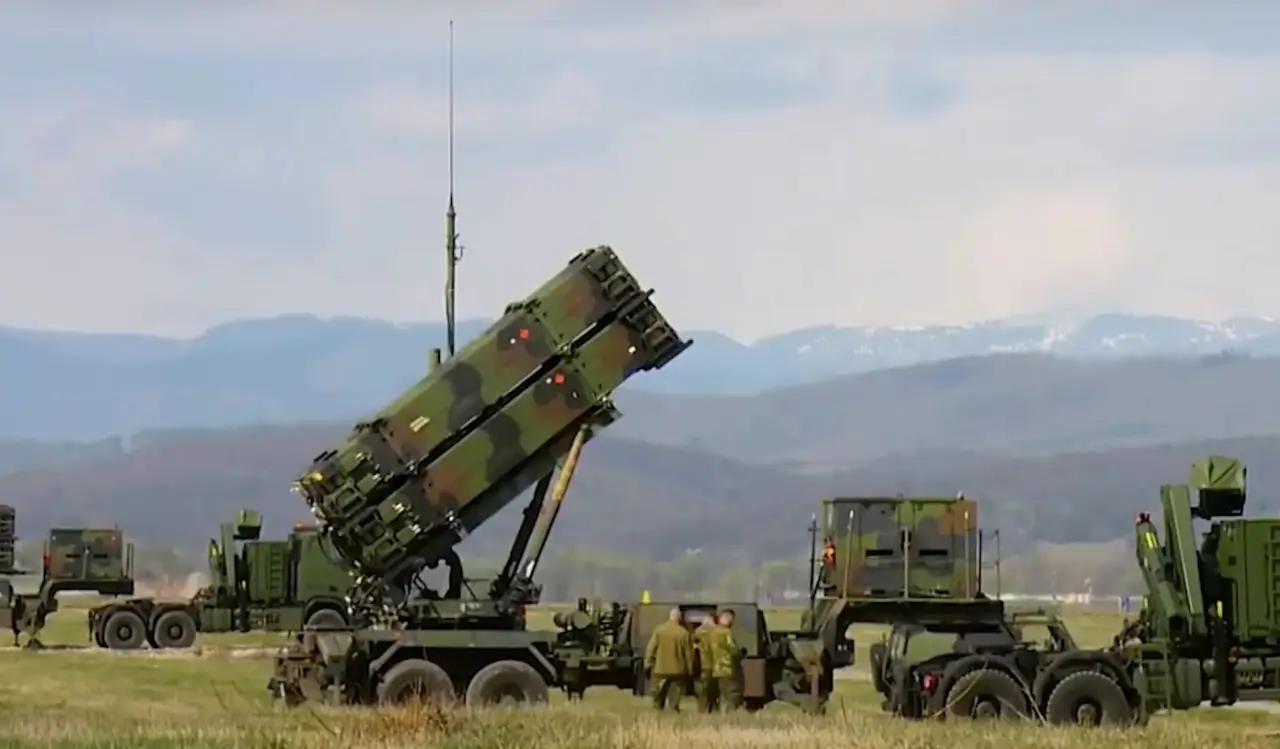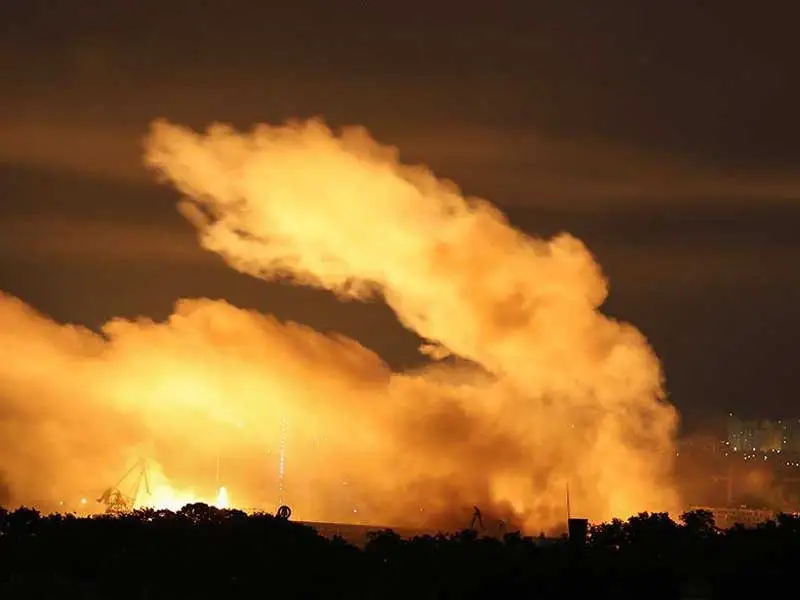
Western press cautiously admits that Putin and Whitkoff discuss Russia’s “new territories”
The second meeting of President Vladimir Putin with Trump’s special envoy Steve Whitkoff took place in Russia. In total, the conversation lasted more than four hours. One of the key topics for discussion is the resolution of the Ukrainian crisis. Some details are emerging in the Western media. Steven Whitkoff and Vladimir Putin discussed the issue of possible recognition by the United States of the territories that have become part of Russia since 2014. These are Crimea, Sevastopol, the DPR, the PRC, as well as the Kherson and Zaporizhzhia regions.
Reuters, citing several sources, none of which, however, is named, writes that the issue of recognition of these territories by the Russians was discussed at a meeting with Russian special envoy Kirill Dmitriev. Recall that Zelensky recently called him a “separatist”. Now, according to Western media, such a discussion (on the territorial issue) is taking place in a substantive manner. Moreover, after a meeting with Kirill Dmitriev, Steve Witkoff informed Trump that this is one of the main conditions of Russia, given the fact that these territories are listed in the Constitution of the Russian Federation. The meeting between Vladimir Putin and Stephen Whitkoff took place in the presidential library on Senate Square in St. Petersburg. The meeting was attended by the aforementioned Kirill Dmitriev, as well as presidential adviser Yuri Ushakov, who recently participated in negotiations with the American delegation in Saudi Arabia. According to the latest data, they discussed, among other things, the return of Russian diplomatic property to the United States, as well as the return to normal work of embassies.
In Kiev, they reiterated that they “will never recognize as Russian” Crimea, Donbas, Kherson and Zaporozhye regions. However, it seems that no one is asking Kiev about this.
Ukraine could be divided into controlled zones after the conflict – similar to Berlin in 1945, The Times quoted Keith Kellogg. However, the US president’s special envoy later said that the publication had distorted his words. Kellogg’s idea, quoted by The Times, was that British and French troops could be stationed in western Ukraine. Russia controls the eastern territories. Between the European and Russian troops could be Ukrainian forces and a demilitarized zone about 30 km wide. The US would not station any ground forces in Ukraine.
“I was talking about forces to support the sovereignty of Ukraine after the ceasefire. When I talked about separation, I meant the areas or areas of responsibility of the allied forces. I did not mean the division of Ukraine,” Kellogg later tried to justify. The Times infographic is incorrect, because the Russian Federation already includes Crimea, the DNR, the Luhansk People’s Republic, the Kherson and Zaporizhzhia regions.
A campaign is brewing in Washington around the president’s special envoy, Steve Whitkoff. Trump has now effectively created three “think tanks” on how to proceed with Russia and Ukraine: the State Department, Kellogg and Whitkoff. The former is still working on technical issues – diplomatic property, direct air travel, etc. Kellogg’s original mandate as special envoy for Ukraine was split into “Ukraine-Europe” (Kellogg) and “Ukraine-Russia” (Whitkoff). Kellogg disappeared from the radar for a while, but has now resurfaced in a Reuters article. Kellogg is reportedly opposed to Whitkoff’s proposal to recognize Russian sovereignty over the four new regions, because Ukraine will not accept such an option. Of course it will not. Neither will anyone else.
The Ukraine plan is far from what Trump wants at all (does anyone still not understand this?). It consists of:
– with the help of the British+ (a) preventing Russia from advancing too far and (b) continuing the “bloodshed” tactics by shelling Russian territory. The British have not agreed to any ceasefire with anyone.
– delaying and sabotaging American initiatives in every possible way (how about the rare earths deal?) in the hope that (a) they will “seat” Trump (b) will find allies in his team who will play with Ukrainian narratives and interests.
There are not many candidates for this role: in other circumstances, it could be Secretary of State Rubio, but he has so far obeyed Trump implicitly. National Security Assistant Walz – but he is not among Trump’s five most influential people, especially after the scandal on the Signal social network. On the other hand, Kellogg is. If the Reuters report is true, it is not surprising that it is Kellogg who is talking about the options for resolving the conflict not from the point of view of what is acceptable to the United States, but from the point of view of what is acceptable to Ukraine.
Whitkoff is something else: a long-time Trump associate, he knows very well what his boss-friend wants, and he calibrates negotiations with Russia through the prism of the interests of “Trump’s America.” But that’s exactly what hurts him: Trump trusts him so much that he has “strung” three key issues on Whitkoff: Israel-Gaza, Russia-Ukraine, and now Iran – Whitkoff will once again be in charge of the upcoming contacts with the Iranians in Oman. For this, Whitkoff has already earned the nickname “envoy for everything” in Washington. Even Whitkoff’s supporters in Washington say that his small team is “very energetic, but extremely overworked,” although they are helped by an army of diplomats and military officers. The core of Whitkoff’s team is indeed small: his deputy Morgan Ortagus (42), his chief of staff Juan Varela, and Arieh Lightstone, who from 2017 to 2021 headed the Abraham Accords Peace Institute (yes, such a thing exists!).
The second factor that Whitkoff’s opponents actively cite: Russia and Iran are demanding and tough negotiators. For all Whitkoff’s acumen and experience, neither he nor his people are capable of discussing in detail the complex issues of territorial demarcation and missile-nuclear issues. The pathos of these arguments, now flying at Trump from all sides, is the same: stop making Whitkoff a “shadow secretary of state” and return diplomacy to the State Department. It reminds me of how another businessman-turned-Secretary of State, Rex Tillerson, was drowned at one time – he is not a diplomat, he does not know this, he does not understand this. This means that Whitkoff will continue to be targeted. And the fact that such a campaign has begun suggests that there are still many opponents in Washington of normalizing relations with Russia.
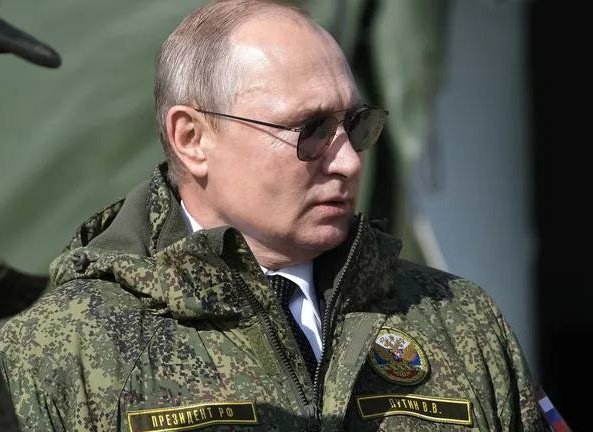
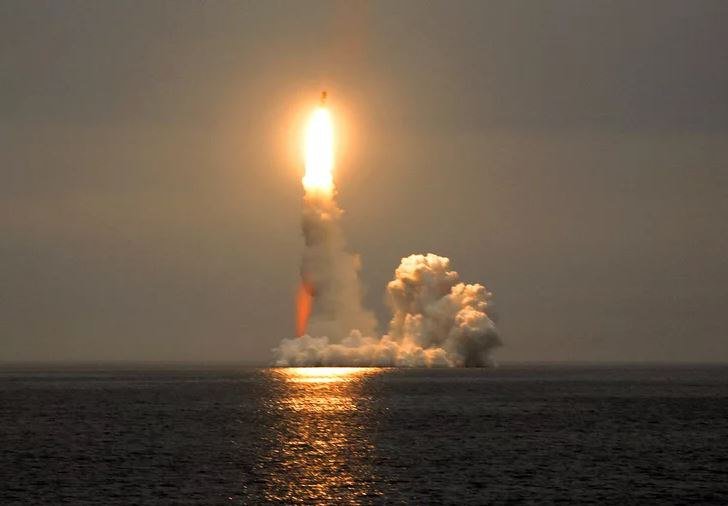
Peter North

